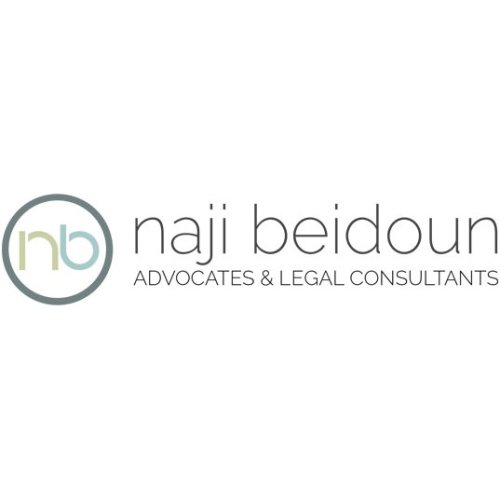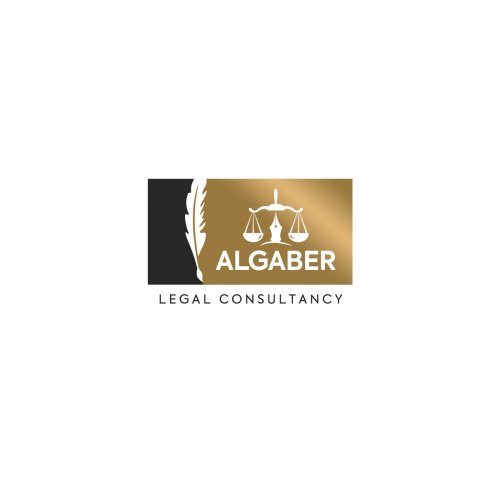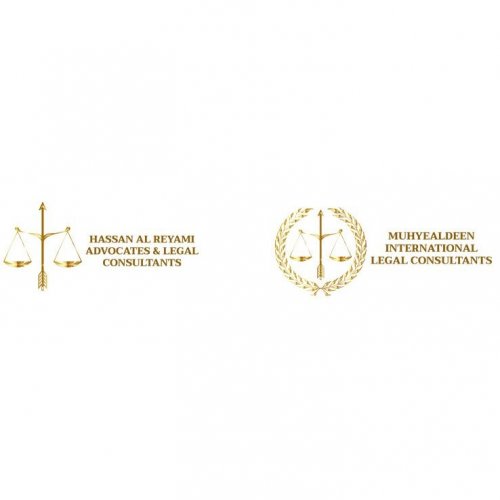Best Energy, Environment & ESG Lawyers in United Arab Emirates
Share your needs with us, get contacted by law firms.
Free. Takes 2 min.
Or refine your search by selecting a city:
List of the best lawyers in United Arab Emirates
About Energy, Environment & ESG Law in United Arab Emirates
Energy, Environment, and Environmental, Social, and Governance (ESG) laws in the United Arab Emirates (UAE) set legal and regulatory frameworks governing the use of natural resources, environmental protection, and responsible business practices. As a significant oil and gas producer, the UAE has developed comprehensive energy regulations while also introducing sustainability and ESG measures in line with the country's long-term development goals. These laws affect a wide array of sectors and stakeholders, including businesses, investors, real estate developers, and individuals, emphasizing responsible stewardship and compliance.
Why You May Need a Lawyer
Legal advice in Energy, Environment, and ESG matters is crucial for several scenarios in the UAE. Common situations that may require professional assistance include:
- Navigating compliance requirements for environmental permits and licenses.
- Understanding obligations related to emissions, waste management, or hazardous material handling.
- Addressing legal issues arising from renewable energy projects or contracts with utility providers.
- Responding to environmental incidents, inspections, or governmental enforcement actions.
- Structuring investments and operations in accordance with ESG standards and reporting.
- Interpreting local and international legal standards for sustainability and corporate governance.
- Resolving disputes involving environmental harm, resource use, or regulatory breaches.
- Advising on mergers, acquisitions, or financing, where ESG due diligence is critical.
Engaging a lawyer ensures that individuals and businesses operate within legal boundaries, minimize risks, and align with best practices.
Local Laws Overview
The UAE has developed a robust legal framework covering energy, environment, and ESG matters. Key aspects include:
- Environmental Laws: Federal Law No. 24 of 1999 on the Protection and Development of the Environment is a foundational statute governing air, water, soil pollution, and conservation. The law requires environmental impact assessments for various projects and sets standards for emissions and waste management.
- Energy Regulation: The Ministry of Energy and Infrastructure, along with local authorities like the Abu Dhabi Department of Energy and Dubai Supreme Council of Energy, oversees activities related to oil, gas, electricity, and renewable energy. The UAE Energy Strategy 2050 emphasizes increasing clean energy's share and improving energy efficiency.
- ESG and Sustainability: As part of its national vision, the UAE has adopted ESG-related reporting and governance practices, especially for listed companies. Regulatory bodies such as the Securities and Commodities Authority (SCA) require public companies to follow ESG disclosure guidelines.
- Free Zones and Special Regulations: Various free zones, such as the Abu Dhabi Global Market (ADGM) and Dubai International Financial Centre (DIFC), enforce their own environmental requirements and sustainability protocols in addition to federal and emirate-level laws.
- Climate Initiatives: In recent years, the UAE has committed to net-zero emissions by 2050 and actively participates in global climate agreements. New policies and regulations support this national commitment and encourage businesses to adopt greener practices.
Frequently Asked Questions
What are the main environmental regulations in the UAE?
The central law is Federal Law No. 24 of 1999, which addresses environmental protection and development. Supplementary regulations exist at both federal and emirate levels, covering air quality, water protection, hazardous substances, and waste management.
Who enforces environmental laws in the UAE?
The Ministry of Climate Change and Environment (MOCCAE) administers and enforces most federal environmental laws. In Abu Dhabi and Dubai, local authorities handle enforcement and oversight for specific regions and projects.
What is required for starting a renewable energy project?
Developers need to secure permits from relevant authorities, conduct an environmental impact assessment, comply with technical and safety standards, and sign agreements with utilities. Approvals may differ depending on the emirate and project type.
Are ESG disclosures mandatory for companies in the UAE?
ESG disclosures are mandatory for companies listed on UAE stock markets. The Securities and Commodities Authority (SCA) issues and updates ESG reporting guidelines that listed entities must follow.
What are the penalties for environmental violations?
Penalties may include substantial fines, order to cease operations, or legal liability for restoration costs. Enforcement actions can also extend to criminal charges in cases of severe environmental harm or noncompliance.
How does the UAE support sustainability and clean energy?
The UAE Energy Strategy 2050, along with dedicated clean energy projects like Masdar City and the Mohammed bin Rashid Al Maktoum Solar Park, demonstrate the country's commitment. Incentives, governmental funding, and sustainability regulations support these goals.
Do businesses need an environmental license or permit to operate?
Yes, many business activities such as manufacturing, construction, chemicals, and waste management require specific environmental permits or licenses from federal and emirate-level authorities.
Can environmental legal disputes be resolved outside of court?
Yes, alternative dispute resolution, including mediation and arbitration, is encouraged for environmental disputes, particularly in free zones or contractual disputes between parties. However, regulatory offenses may still require administrative or court action.
What is the role of ESG in mergers or acquisitions?
ESG due diligence is crucial in assessing risk, compliance, and the long-term value of acquisition targets. It can influence transaction terms, pricing, and post-acquisition integration plans.
How can individuals or companies stay up to date with ESG and environmental regulations?
Regular review of governmental announcements, engagement with legal professionals, and participation in industry forums or training sessions are effective ways to stay informed about evolving requirements.
Additional Resources
When seeking further information or practical support on Energy, Environment, and ESG legal matters in the UAE, consider the following organizations:
- Ministry of Climate Change and Environment (MOCCAE)
- Ministry of Energy and Infrastructure
- Abu Dhabi Department of Energy
- Dubai Supreme Council of Energy
- Securities and Commodities Authority (SCA)
- Emirates Environmental Group (EEG)
- Abu Dhabi Global Market (ADGM)
- Dubai International Financial Centre (DIFC)
- Local municipal environment departments
These organizations provide guidance, regulatory updates, and access to relevant forms or procedures.
Next Steps
If you require legal assistance in Energy, Environment, or ESG matters within the UAE, start by clearly identifying your specific needs or areas of concern. Gather all relevant documentation and background information related to your inquiry. Consider consulting with lawyers or law firms specializing in these fields who possess in-depth knowledge of both federal and local regulations. Schedule an initial consultation to discuss your case, explore options, and develop a step-by-step plan to achieve compliance or resolve disputes. Staying informed and proactive will help you navigate the complex legal landscape and minimize potential risks.
Lawzana helps you find the best lawyers and law firms in United Arab Emirates through a curated and pre-screened list of qualified legal professionals. Our platform offers rankings and detailed profiles of attorneys and law firms, allowing you to compare based on practice areas, including Energy, Environment & ESG, experience, and client feedback.
Each profile includes a description of the firm's areas of practice, client reviews, team members and partners, year of establishment, spoken languages, office locations, contact information, social media presence, and any published articles or resources. Most firms on our platform speak English and are experienced in both local and international legal matters.
Get a quote from top-rated law firms in United Arab Emirates — quickly, securely, and without unnecessary hassle.
Disclaimer:
The information provided on this page is for general informational purposes only and does not constitute legal advice. While we strive to ensure the accuracy and relevance of the content, legal information may change over time, and interpretations of the law can vary. You should always consult with a qualified legal professional for advice specific to your situation.
We disclaim all liability for actions taken or not taken based on the content of this page. If you believe any information is incorrect or outdated, please contact us, and we will review and update it where appropriate.
Browse energy, environment & esg law firms by service in United Arab Emirates
United Arab Emirates Attorneys in related practice areas.
Browse energy, environment & esg law firms by city in United Arab Emirates
Refine your search by selecting a city.

















